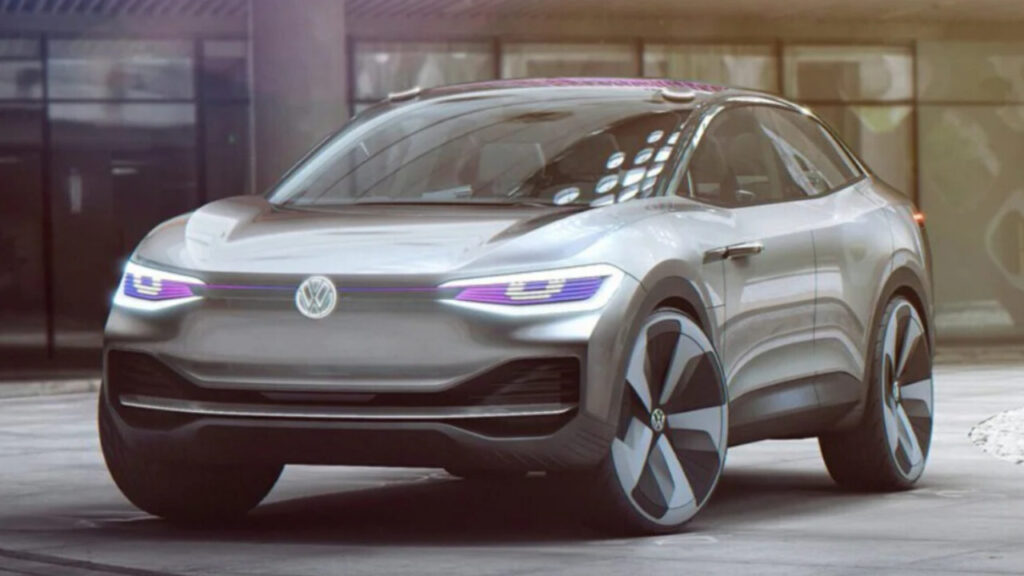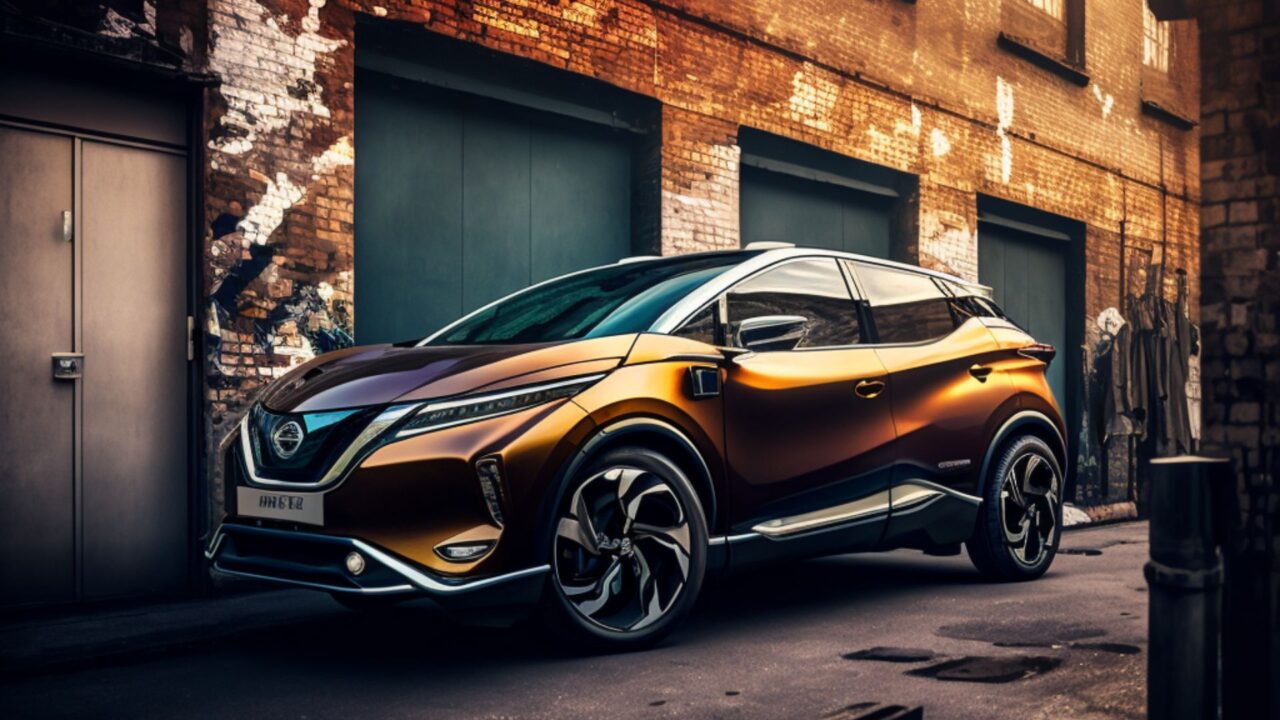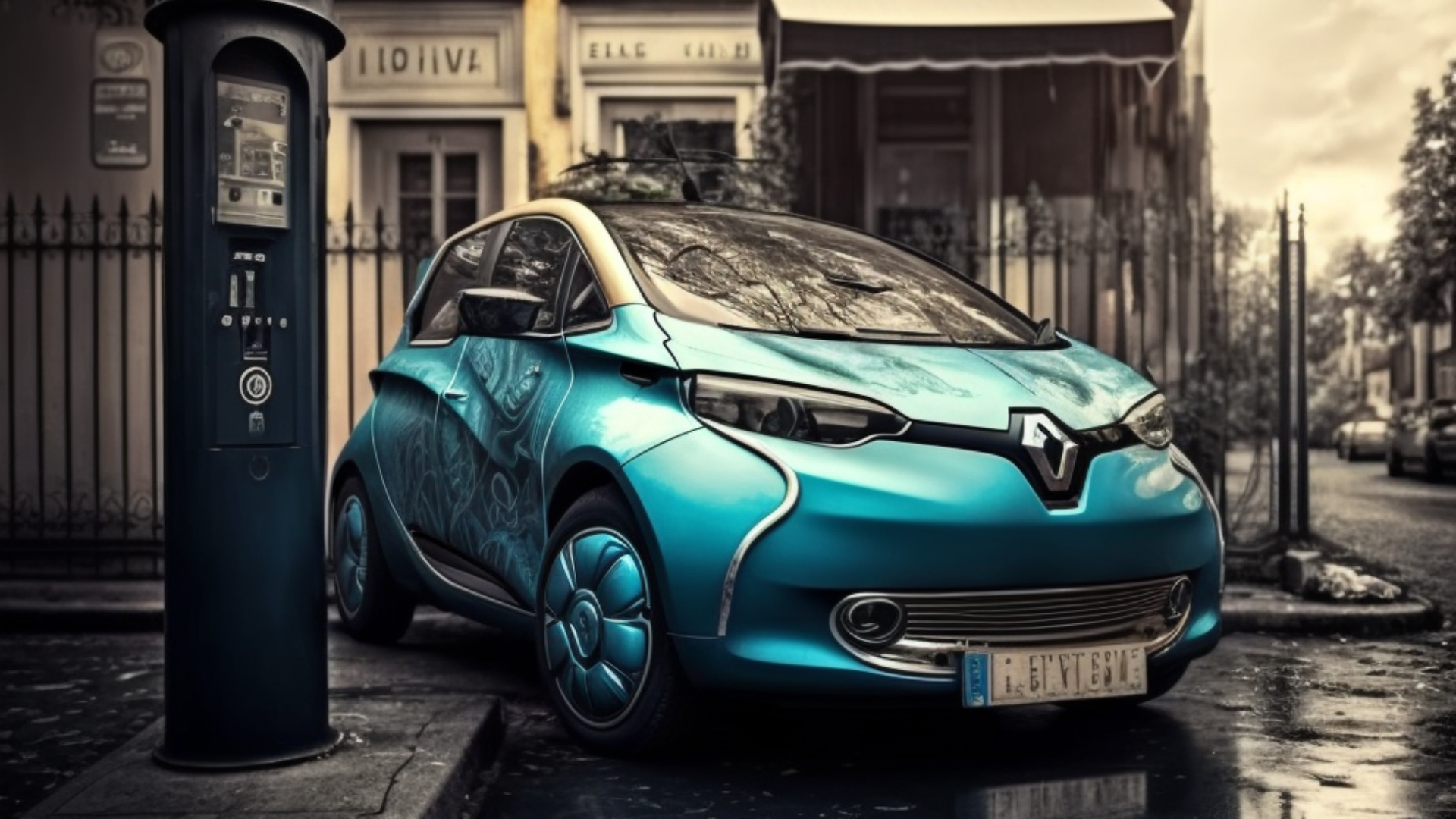Get insider tips on purchasing a used electric car. Learn what to look for in terms of battery life, charging capabilities and overall condition before making your investment.
Contents:
- A Variety of Options
- Make sure the car will fit your needs
- Viewing the Car
- The Test Drive
- Servicing
The UK electric vehicle market is a fascinating beast. It’s a market that’s growing at an astonishing rate, with more and more people buying an electric car as a viable alternative to petrol and diesel.
One of the key drivers of this growth is the increasing availability of used electric cars. There is now a wide range of models available, from small city cars to large SUVs, and the choice is only set to expand in the coming years.
In addition, the cost of electric cars is coming down, making them more affordable for the average consumer. This, combined with the increasing availability of charging infrastructure, means that electric cars are becoming a realistic option for more and more people.
Overall, the UK electric vehicle market is full of promise and potential. It’s a market that is growing at an incredible pace, and one that is set to transform the way we think about transportation in the years to come.

A Variety of Options
Considering the variety of options when purchasing an electric vehicle, you are sure to want some help in making that choice. The first thing to consider is the brand’s reputation and the model of the vehicles you are looking at.
So to get an idea of what is out there, why not look through the various online marketplaces such as Auto Trader or CarGurus, which can be a great resource for finding electric vehicles?
These sites allow you to search for vehicles by location, make, model, and price and often include customer reviews and ratings too. This can be a great help in working out the style and prices of the vehicles available to help you feel more comfortable and knowledgeable about the products on offer.
You might then want to start with the major car manufacturers such as Tesla, Nissan, BMW, Volkswagen, Ford, and others that offer electric vehicles. They have well-established dealership networks and offer a wide range of models to choose from and you can easily organise a test drive.
Then there are smaller, independent dealerships that specialize in electric and hybrid vehicles. These dealerships often have a more personal touch and may offer a more specialized selection of vehicles that will suit your tastes and expectations.
In summary, when buying an electric vehicle, it’s important to do your research and consider all options, including major car manufacturers, independent dealerships, and online marketplaces to help you decide.
Make sure the car will fit your needs
When researching a used electric vehicle (EV), you should consider the following key points based on previous motoring articles from the best publishers on EVs:
- Make and model: Research the specific make and model of the EV you are interested in buying. Look for reviews and reliability ratings from reputable sources such as Consumer Reports, Car and Driver, and Motor Trend.
- Price: Compare the price of the used EV with similar new models and similar used models of the same make and model.
- Warranty: Check if the vehicle still has any remaining warranty and if it covers the battery and electric drivetrain.
- Range: Look for information on the vehicle’s range and how it compares to the range when it was new.
- Real-world range: Look for real-world range test results, as the official range can differ from the real-world range depending on factors such as weather, driving style, and accessories.
- Recalls: Check if the vehicle has any recall or safety concerns that were not fixed by the previous owner.

By considering these key points, you can make an informed decision when researching a used EV and ensure that the vehicle meets your needs and budget. First and foremost, research the specific make and model of the EV you’re interested in buying.
Look for reviews and reliability ratings from reputable sources such as Consumer Reports, Car and Driver, and Motor Trend. These reviews will give you an idea of the vehicle’s strengths and weaknesses and help you decide if it’s the right car for you. Always remember that you can test-drive cars from local dealerships or even take a lease to see if a particular vehicle really suits your needs.
Viewing the Car
Once you have found a make and model at the right price, you then need to look at the car itself and there are a few key things to consider:
- Battery health: One of the most important things to check is the health of the battery. Make sure to ask the seller for information on the battery’s capacity and whether it has been regularly maintained. A used EV with a healthy battery will have a longer range and a longer lifespan.
- Range: Electric vehicles have a limited range compared to petrol vehicles, so make sure to check with the vehicle’s owner how the range compares to the range when it was new.
- Charging infrastructure: Check whether the vehicle can be charged using a standard charging point or requires specialised charging stations or attachments. Also, check if the vehicle comes with a charging cable.
- Service history: As with any used vehicle, check the service history. Make sure the vehicle has been regularly maintained and that there are no outstanding issues.
- Price: Compare the price of the used EV with similar new models and with similar used models of the same make and model.
- Warranty: Check if the vehicle still has any remaining warranty and what it still covers.

The Test Drive
By paying attention to these factors during a test drive, an expert can provide you with a more detailed assessment of the vehicle’s performance.
- Battery health: Check battery health when driving the EV to see how it reacts so you can gauge how the range and the way you drive the car affect the stored energy.
- Service history: Checking the service history of a used EV, if it has one. This could identify what to look for when examining the vehicle and on the test drive.
- Software updates: On start-up, check for messages which would indicate issues with the vehicle and also check if any relate to known issues with the specific vehicle or software.
- Autopilot: If the vehicle is equipped with Autopilot and safety features, make sure they function properly and that all the sensors appear to be working correctly.
- Paint: Check for any paint issues or scratches.
- Interior: Check the interior for any wear and tear, particularly the seats, dashboard, and touchscreen.
- Check for Recalls: Check if the vehicle has any recall or safety concerns that were not fixed by the owner.
- Pay attention to the acceleration, brakes, noise level, and handling. Check the overall comfort of the vehicle and the space available, especially if you plan to use the vehicle for long trips.

By considering these specific points, a potential buyer can make an informed decision. Keep in mind that it’s always recommended to have a professional mechanic inspect the vehicle before purchasing it, especially for used EVs.
Servicing
When it comes to servicing, not all mechanics may be fully trained and equipped to work on electric vehicles. It’s important to check with the mechanic to ensure they have experience working on EVs, and it’s also recommended to look for a mechanic who specializes in working on electric vehicles.
Tesla models have specific needs and tools that not every mechanic may have, make sure to ask them if they are familiar with the brand and the specific model you are buying.
While EVs are becoming more common, they are still relatively new technology, and not all mechanics may be fully trained and equipped to work on them. It’s always recommended to check with a mechanic to ensure they have experience working on EVs, and it’s also recommended to look for a mechanic who specializes in working on electric vehicles.
